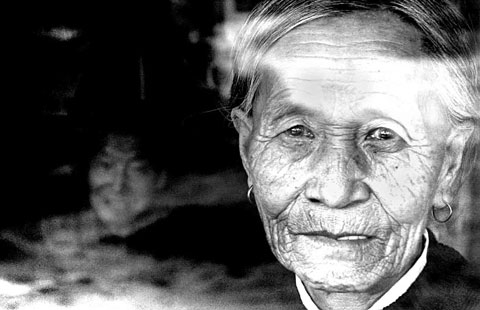Chinese economy at the crossroads
By Xin Zhiming (chinadaily.com.cn) Updated: 2014-05-27 17:01China’s real export, for example, could have risen by nearly 7 percent in the first four months year-on-year — it fell by 4.8 percent in official statistics — if the value of inflated false exports were deducted from the January-April data last year, according to State Information Center economist Zhu Baoliang. Early last year, false export activities were believed to have contributed to inflated trade figures, pushing up the base level for calculating export growth this year.
If the current economic slowdown worsens in the second quarter, additional policy support could be introduced, such as an acceleration of growth-enhancing reforms, greater fiscal support via policy bank or special construction bond issuances, plus maintenance of China's exchange rate at its current low levels, according to UBS economist Wang Tao.
Those measures, together with previous supportive policies whose effect is unfolding, would make it unnecessary to cut the banks’ reserve requirement ratio unless there appeared an economic “black swan”.
The downside risk lies in the property sector. Housing inventories are on the rise, adding to pressure on real estate developers and related industries, such as raw materials and building materials. The extent of correction in the sector would to a large extent set the pace for China’s economic policy in the coming quarters. In other words, whether it is a real tempest or just a storm in the teacup would determine if authorities will substantially loosen its monetary stance.











